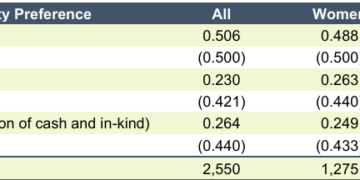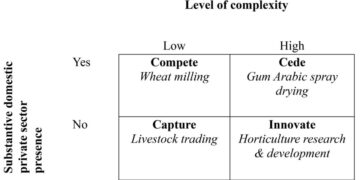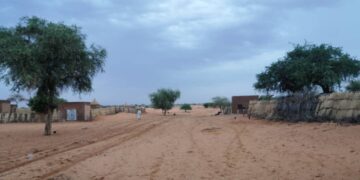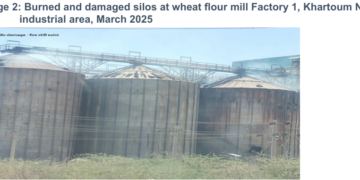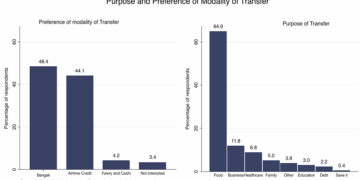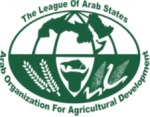Understanding the preferences of beneficiaries for what form of humanitarian aid they receive is critical for improving the effectiveness of such aid in conflict-affected settings that are characterized by rapidly changing markets and information asymmetries. This paper examines intrahousehold differences in preferences for in-kind, cash, and hybrid assistance among internally displaced households in Sudan, with […]
Under the Gun: Military and Paramilitary Actors in Sudan’s Agrifood System
Armed actors are entrenched in the agrifood systems of several low- and middle-income countries, often with implications for agricultural transformation and democratic transitions. This paper focuses on the Sudanese Armed Forces (SAF) and Rapid Support Forces (RSF) in Sudan’s agrifood system. Through over 50 semi-structured stakeholder interviews, the paper traces how these actors gained their […]
Rural livelihoods under prolonged conflict: Evidence from a panel household survey in Sudan
This report presents evidence from the Sudan Rural Household Survey of 2023 and 2024, a two-wave panel survey that assesses how rural households are navigating prolonged conflict. By tracking the same households over time, the survey provides longitudinal insights into livelihoods, food security, access to markets and productive resources, and exposure to shocks across an […]
Impact of conflict on key agro-industries in Khartoum State, Sudan: Wheat flour milling, oil processing, and packaging
This study evaluates the effects of the ongoing armed conflict in Sudan on the agro-industrial sector in Khartoum state, with a focus on the wheat flour milling, edible oil, and packaging materials industries. The conflict, which started in April 2023, has led to widespread population displacement, destruction of infrastructure, and severe economic disruptions, especially in […]
Can Digital Cash Transfers Serve Those in Active Conflict? Evidence from a Randomized Intervention in Sudan
This paper evaluates the impact of digital transfers on the well-being of households grappling with active conflict in Sudan. Considering the case of Sudan, where active conflict and funding gaps continue to hamper the delivery of humanitarian services, we aim to address the following questions: (i) Can digital cash transfers improve food and nutrition security […]
- 1
- 2
- 3
- …
- 7
- Next Page »
